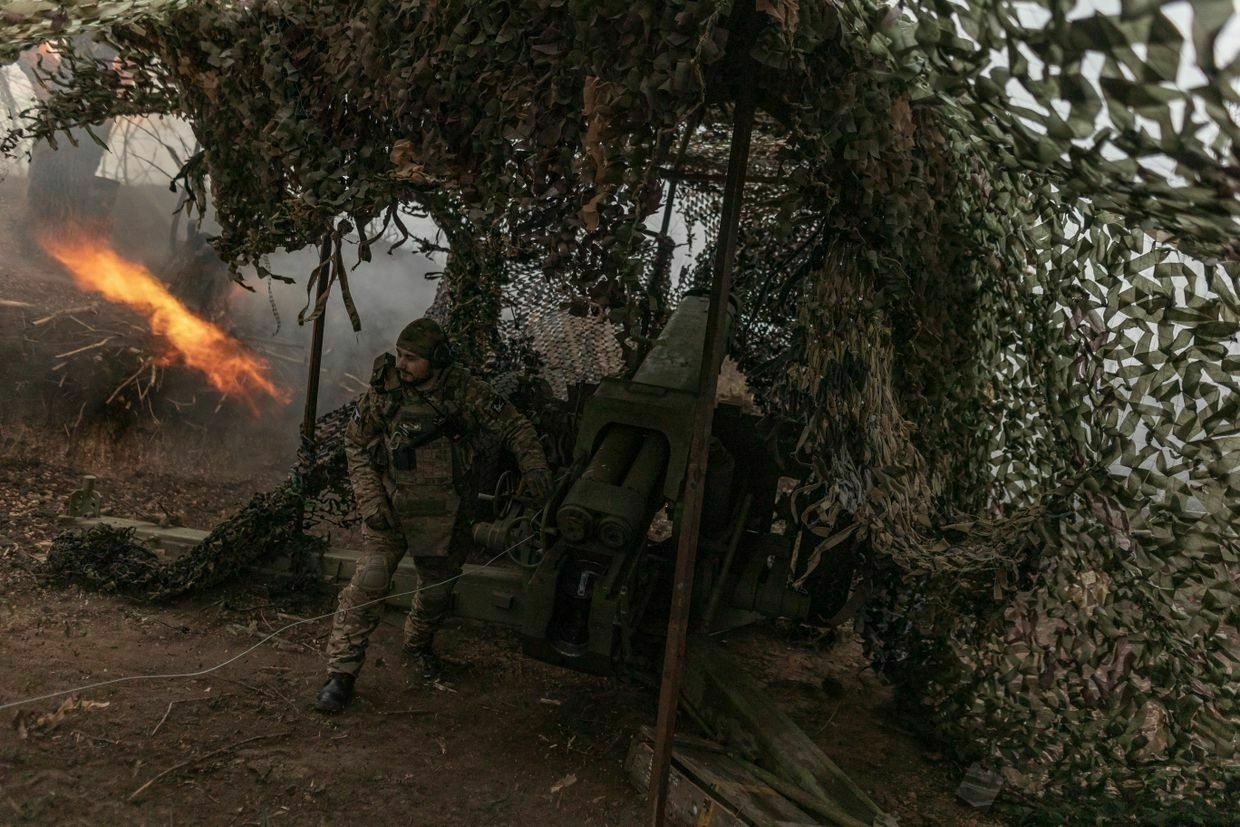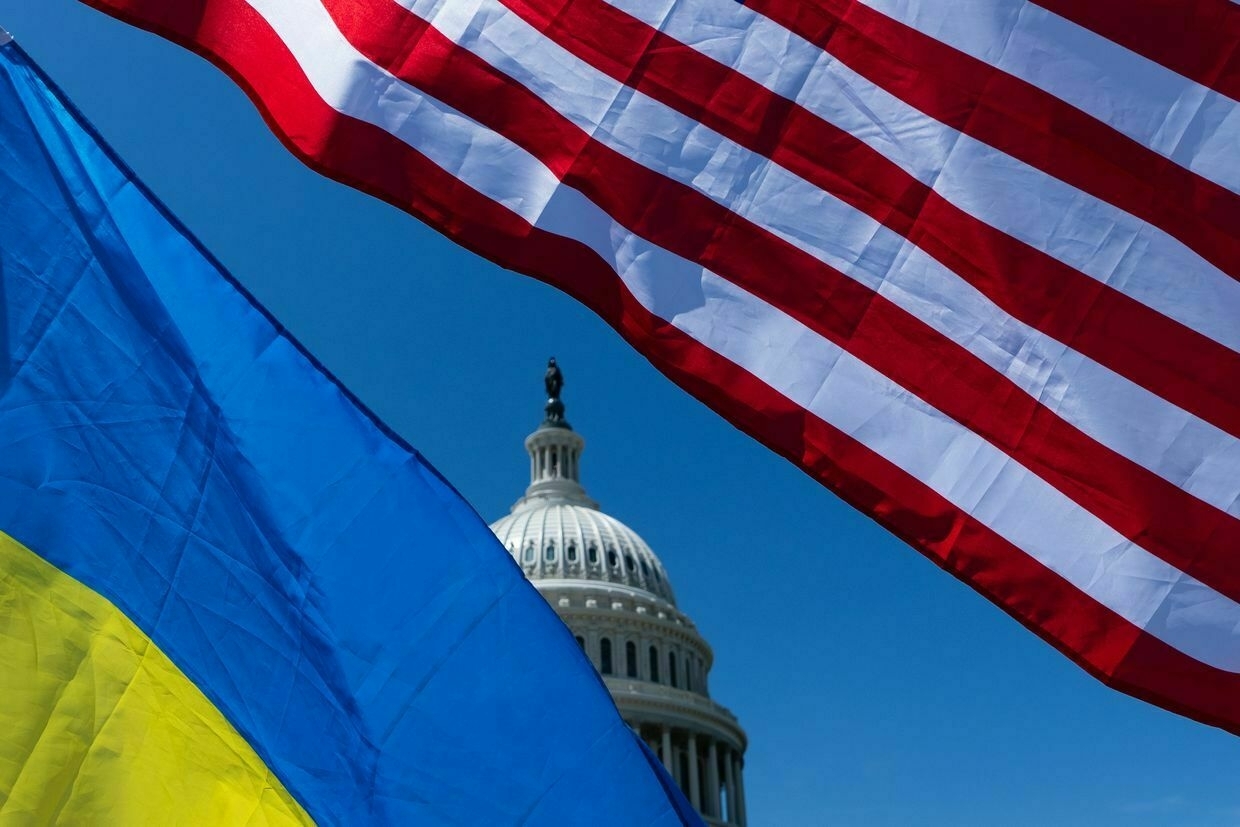
U.S. proposals for a peace deal to end Russia’s war against Ukraine would leave the occupied territories under Russian control and ease sanctions against Moscow, Bloomberg reported on April 18, citing unnamed European officials.
The reports came a day after ceasefire talks between European, Ukrainian, and U.S. officials in Paris, where the outlines of the U.S. plan were discussed.
U.S. officials told European counterparts during meetings that they aim to secure a full ceasefire in Ukraine within weeks, Bloomberg reported, citing undisclosed sources.
Washington’s proposals include an effective freeze on Russia’s war, and Kyiv’s aspirations to join NATO would also be off the table, according to Bloomberg’s sources.
It is not clear if the U.S. is proposing recognizing Russia’s de facto control over the occupied territories or de jure recognition of them as Russian.
One of the officials told Bloomberg that the U.S. plans, which require further discussion with Kyiv, would not be a final settlement and that European allies would not recognize the occupied territories as Russian.
U.S. Special Envoy Steve Witkoff, who also attended the Paris talks, has suggested that a potential peace deal could center on the status of five territories. He was likely referring to Crimea, illegally annexed by Russia in 2014, along with the partially occupied Donetsk, Luhansk, Zaporizhzhia, and Kherson oblasts, which were annexed in 2022.
Witkoff has also told President Donald Trump that giving Moscow “ownership” of four occupied Ukrainian regions would be the fastest way to achieve a ceasefire, Reuters reported on April 11, citing two unnamed U.S. officials and five other undisclosed sources.
On April 17, President Volodymyr Zelensky accused Witkoff of spreading Russian propaganda and overstepping his authority by discussing Ukrainian territory in back-channel peace talks with Moscow.
Zelensky has repeatedly said that Ukraine would not recognize the occupied regions as Russian as part of any peace deal.
The officials also told Bloomberg that if Russia does not agree to stop the fighting, the talks would be in vain. They reportedly said that providing Ukraine with security guarantees to ensure any deal is essential.
The U.S. and Ukraine agreed to a full ceasefire on March 11, but Russia rejected it.
Instead, Ukraine, Russia, and the U.S. agreed on March 25 to halt attacks on energy infrastructure and fighting in the Black Sea.
However, the Kremlin has blocked the partial ceasefire as well, saying that the Black Sea ceasefire would take effect only after some sanctions against Russia are lifted. Russia and Ukraine have also accused each other of violating the ban on energy infrastructure strikes.
Despite this, U.S. Vice President JD Vance said on April 18 that the U.S. is optimistic it can put an end to Russia’s war and has “some interesting things to report on."
U.S. Secretary of State Marco Rubio warned on April 18 that the U.S. would abandon efforts to broker a deal if no breakthrough were achieved soon. Speaking after the Paris meetings, he said Trump remains interested in a resolution but has “other priorities” if the Kremlin refuses to engage.
 The Kyiv IndependentTim Zadorozhnyy
The Kyiv IndependentTim Zadorozhnyy
